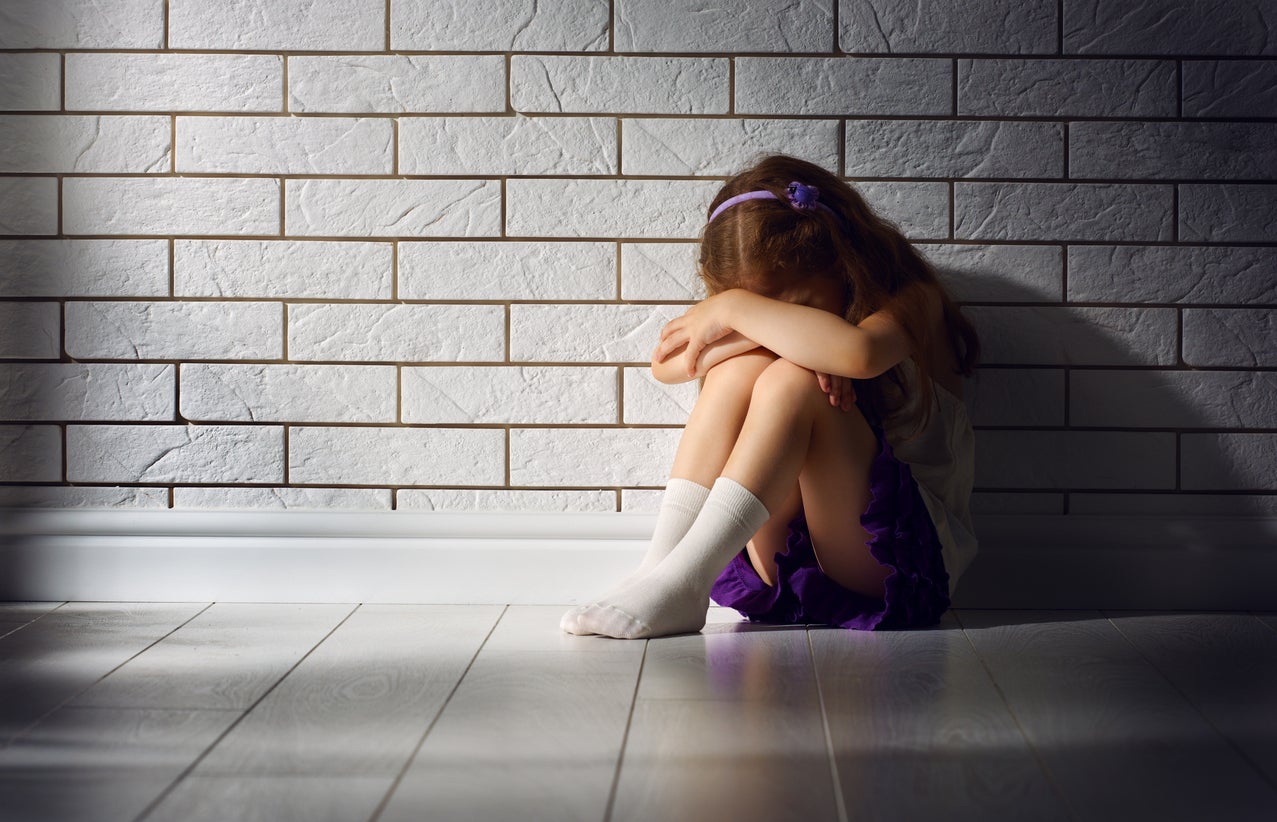The signs of child sexual abuse that all parents need to know about
It's important to talk to someone about your concerns

Your support helps us to tell the story
From reproductive rights to climate change to Big Tech, The Independent is on the ground when the story is developing. Whether it's investigating the financials of Elon Musk's pro-Trump PAC or producing our latest documentary, 'The A Word', which shines a light on the American women fighting for reproductive rights, we know how important it is to parse out the facts from the messaging.
At such a critical moment in US history, we need reporters on the ground. Your donation allows us to keep sending journalists to speak to both sides of the story.
The Independent is trusted by Americans across the entire political spectrum. And unlike many other quality news outlets, we choose not to lock Americans out of our reporting and analysis with paywalls. We believe quality journalism should be available to everyone, paid for by those who can afford it.
Your support makes all the difference.As a parent, it’s normal to worry about your children. But there are definitely some situations that are more cause for concern than others.
One woman recently explained in a Mumsnet discussion that she was particularly worried about her five-year-old daughter’s behavioural changes, and many people thought it sounded like the daughter may have been sexually abused.
“Over the past month we have seen an alarming switch to ‘manic and aggressive’ with intrusive thoughts,” the mother wrote.
“Manic meaning fidgeting constantly, running everywhere, talking nonsense, not listening or trailing off in the middle of sentences and beginning a new conversation, unable to sleep, impulsive behaviour (stealing food from others’ plates)."
She also cited aggressiveness, swearing, episodes of violence, and kicking the cat in a rage.
“Intrusive thoughts are mostly about private parts (I'll spare you the details) but essentially the growing realisation that everyone has them, and that she wants to look at everyone’s all the time. Or saying that she is ‘thinking about private parts’ all the time.
“She’s also making up horrible songs/rhymes in her head (and telling us, in guilt) that she can't get out. She’s asking us constantly if we are going to ‘tell on her’ for every little infraction and believes the police/school are going to get her if she does anything wrong.
She said her daughter has voiced thoughts of "punching someone to death" and said the recent Grenfell Tower fire was ‘really funny.’
The mother said she doesn’t know what to do.
Many people in the comments said it sadly sounds like the daughter may have been sexually abused in some way, and the NSPCC agreed that there may be serious issues to look into.
“The way the parent describes their child’s behaviour is a real cause for concern,” Emily Cherry, Head of Participation at the NSPCC told The Independent. “Sudden, unexplained changes in the way children are acting can often be signs of abuse or bullying.
“Most children go through a phase, particularly in their early years, of becoming fixated on genitalia, and this can be a normal stage of development. But when that is combined with other really noticeable behaviour changes it can be an indication that some form of abuse has either happened or is happening.
“A particularly worrying sign is that the child is fearful of being told on to teachers and police. Abusers will use fear, shame and guilt to silence their victims and prevent them from speaking out.”
Cherry says it’s really important that the parents reach out to a GP and the child’s school for support, and it might be necessary to make a referral to children’s social services.
The NSPCC says there are certain signs that a child has been sexually abused.
What to look out for:
- Aggressive mood swings (particularly in young children)
- Bed wetting/soiling themselves
- Urinary infections
- Eating disorders
- Problems sleeping
- Genital area soreness
- Using sexual language or information you have not talked with them about sex and relationships
- Becoming withdrawn
- Avoiding or becoming fearful of seeing particular people, places or situations
- Being aggressive
- Self harm and suicidal thoughts
If you have any concerns, the NSPCC suggest calling their counsellors on 0808 8005000.
They also have a useful resource for parents to help prevent sexual abuse - it’s called PANTS or the Underwear Rule.
“This simple conversation can help empower children to understand their body belongs to them, no means no and they can speak up,” Cherry says.
Join our commenting forum
Join thought-provoking conversations, follow other Independent readers and see their replies
Comments